Southeast Ohio Community Entrepreneurship Program
The free Entrepreneurship Bootcamp would benefit newer farmers and be helpful to anyone who caters to end consumers and has been in business for five years or less. Sessions start June 8.
Read MoreHB 95 establishes an income tax credit for beginning farmers who participate in a financial management program, administered by the Ohio Department of Agriculture. The bill also constructs an income tax credit for established farmers who sell or rent agricultural assets to beginning farmers.
Legislation known as HB 95, heavily supported by Ohio Farm Bureau and its members, recently passed the Senate and is one step closer to becoming law. This bill creates a tax credit to assist the next generation of farmers while helping the current generation transition their operations.
“The idea for HB 95 all started because younger Ohio Farm Bureau members who were working their way into agriculture and more experienced members looking to step away from the industry were facing many obstacles when it came to working on a transition plan,” said Adam Sharp, executive vice president of Ohio Farm Bureau. “Through their recommendations, our organization worked through the policy development process to successfully add incentives for new and beginning farmers to the list of important issues Farm Bureau advocates for every day. Those grassroots efforts have now come to fruition with the passage of this legislation.”
HB 95 establishes an income tax credit for beginning farmers who participate in a financial management program, administered by the Ohio Department of Agriculture. The bill also constructs an income tax credit for established farmers who sell or rent agricultural assets to beginning farmers.
State Rep. Susan Manchester was a co-sponsor of the legislation and has championed it since 2019. She serves the largest agricultural district in Ohio, including Auglaize, Mercer, Shelby and Darke counties, and realized the challenges of transitioning a farm to a new generation based on hearing her constituents’ personal stories. One farmer told her that transitioning his farm was not financially feasible because of the tax implications of selling off land and assets.
“The best ideas come directly from the people, and Ohio Farm Bureau members were instrumental in bringing this idea forward of creating a tax credit for those farmers who are retiring and want to look to the next generation to take over their operation,” Manchester said. “Farm Bureau helped put these ideas into legislative language and ensured we had the right intent with the bill and got it to a place where it was going to help farmers across the state. Then, as it began going through the lawmaking process, Farm Bureau members came to Columbus to testify on behalf of the bill to help educate members of Ohio’s General Assembly on why this is so critical to agriculture in our state.”
In his testimony, Union County Farm Bureau member Ryan Conklin shared that while this bill highlights potential tax and training incentives for beginning farmers, it also contains strong potential for rural development.
“Rural communities across Ohio have watched their populations fall for decades, and employment opportunities in these areas have followed suit, but agriculture can be a vehicle that stops or reverses these negative trends,” Conklin said. “It can be a path to recruiting and retaining beginning farmers and farm professionals in rural areas. However, there must be tools in place to incentivize these efforts, and House Bill 95 is one of those tools.”
Northwest Regional Trustee Rose Hartschuh farms with her husband, Greg, in Crawford County. She told lawmakers that additional acres can help their farm’s bottom line while also helping them grow at a rate to support the next generation.
“As young people, land purchase prices and cash rent prices tend to stay just above what we can afford,” Hartschuh said. “Ultimately, the land has transitioned to older, more established farmers, who have the ability to cash flow purchases with greater equity on their balance sheets and more cash in the bank to put down. House Bill 95 could be a great asset for farmers like us who want to responsibly grow their farming operations. It gives us a chance to negotiate with landowners and helps close the gap between the capital we have available and the capital available by older farmers.”
Under HB 95, established landowners and ag producers can receive a state income tax credit when they sell or rent land or agricultural assets like machinery, building facilities or livestock to a beginning farmer. Beginning farmers also can receive a tax credit for taking a qualified financial management course, but do not receive tax credits for buying land or other farm-related items.
A beginning farmer is defined as someone who:
HB 95 now sits on Gov. Mike DeWine’s desk to be signed into law.
Photo caption: Rep. Susan Manchester, center right, met with Farm Bureau members during Ag Day at the Capital.


The free Entrepreneurship Bootcamp would benefit newer farmers and be helpful to anyone who caters to end consumers and has been in business for five years or less. Sessions start June 8.
Read More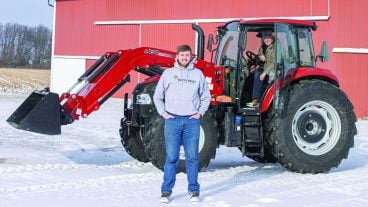
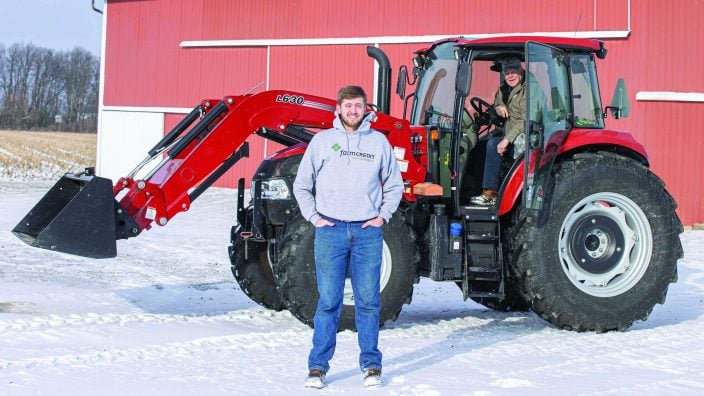
Trevor German is the first beginning farmer to complete a transaction through the new Ohio Beginning Farmer Tax Credit Program.
Read More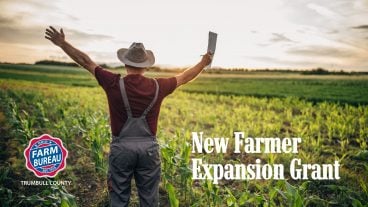
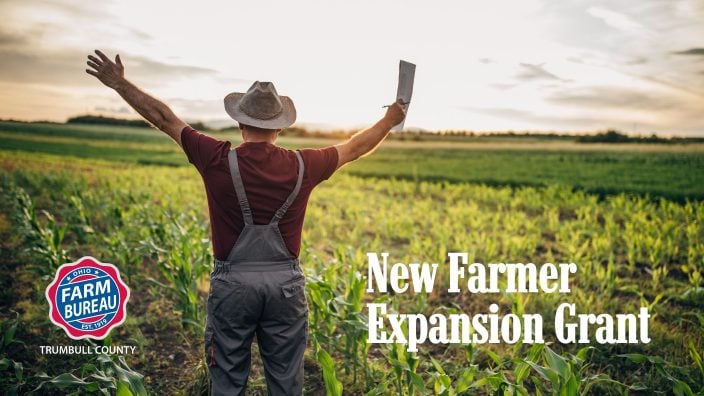
A grant is available to new and beginning farmers in Trumbull County.
Read More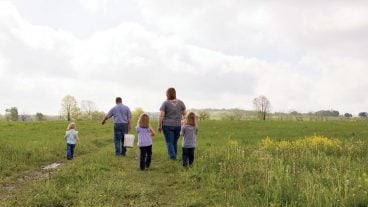
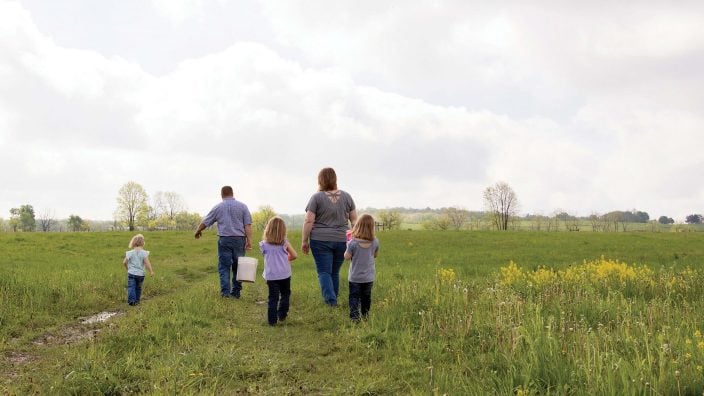
There are things young and beginning farmers should think about before starting their farm business.
Read More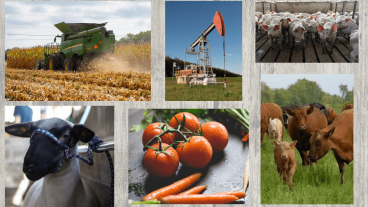
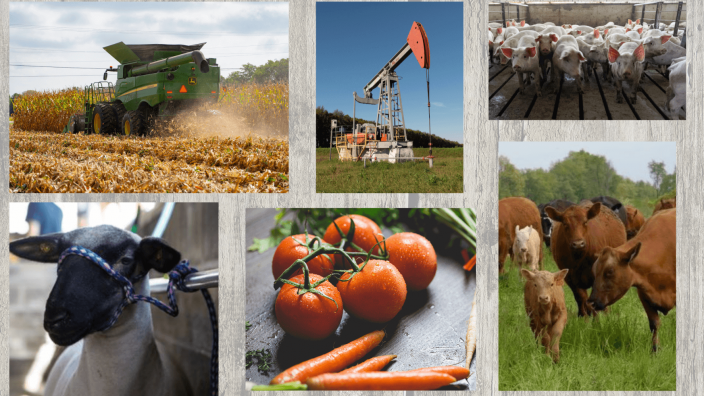
If you are thinking about starting a farm in 2024, or started one recently, here are a few tips to help you find success.
Read More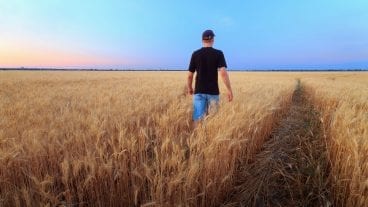

A new online farm management course offered by Ohio State will help Ohio’s beginning farmers qualify for the requirements of the Ohio Beginning Farmer Tax Credit program.
Read More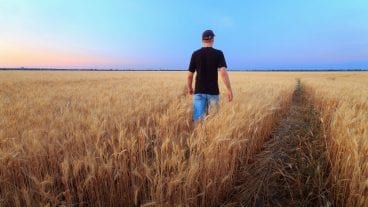

The Beginning Farmer Tax Credit is now available to those who’ve recently entered the field, as well as those who help beginning farmers.
Read More

The Beginning Farmer Tax Credit is available to those who’ve recently entered the field, as well as those who help beginning farmers.
Read More

This bill creates a tax credit to assist the next generation of farmers while helping the current generation transition their operations.
Read More

HB 95 creates a tax credit to assist the next generation of farmers while helping the current generation transition their operations.
Read More